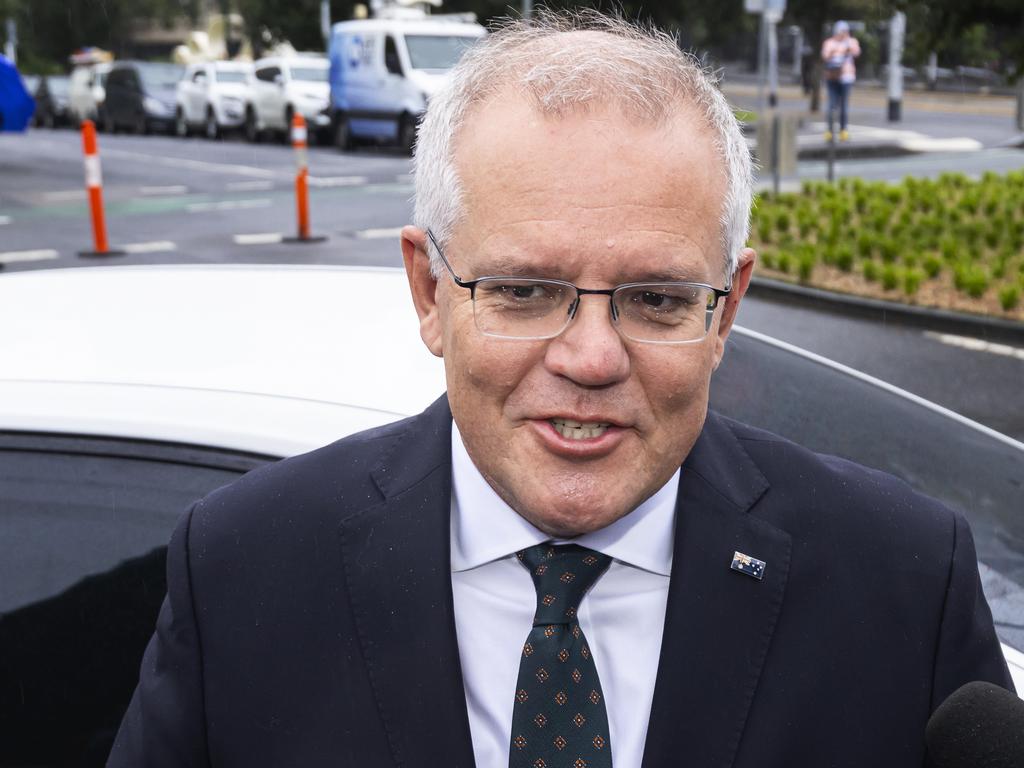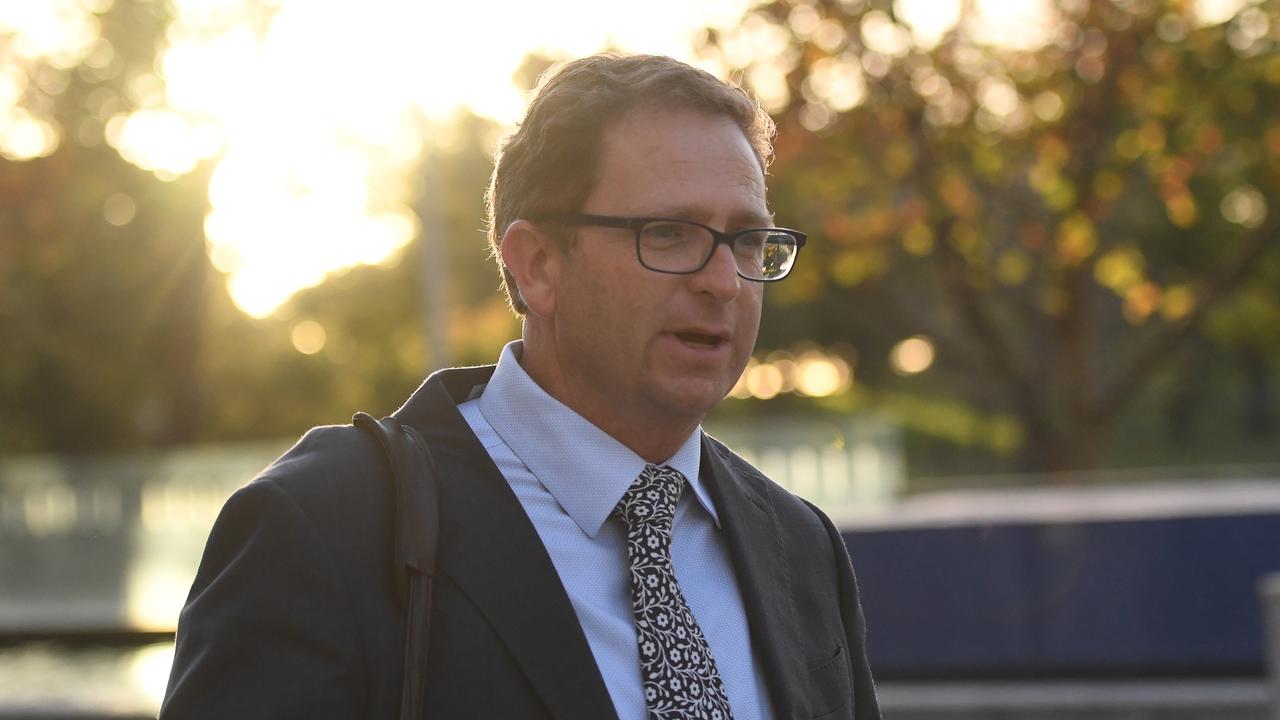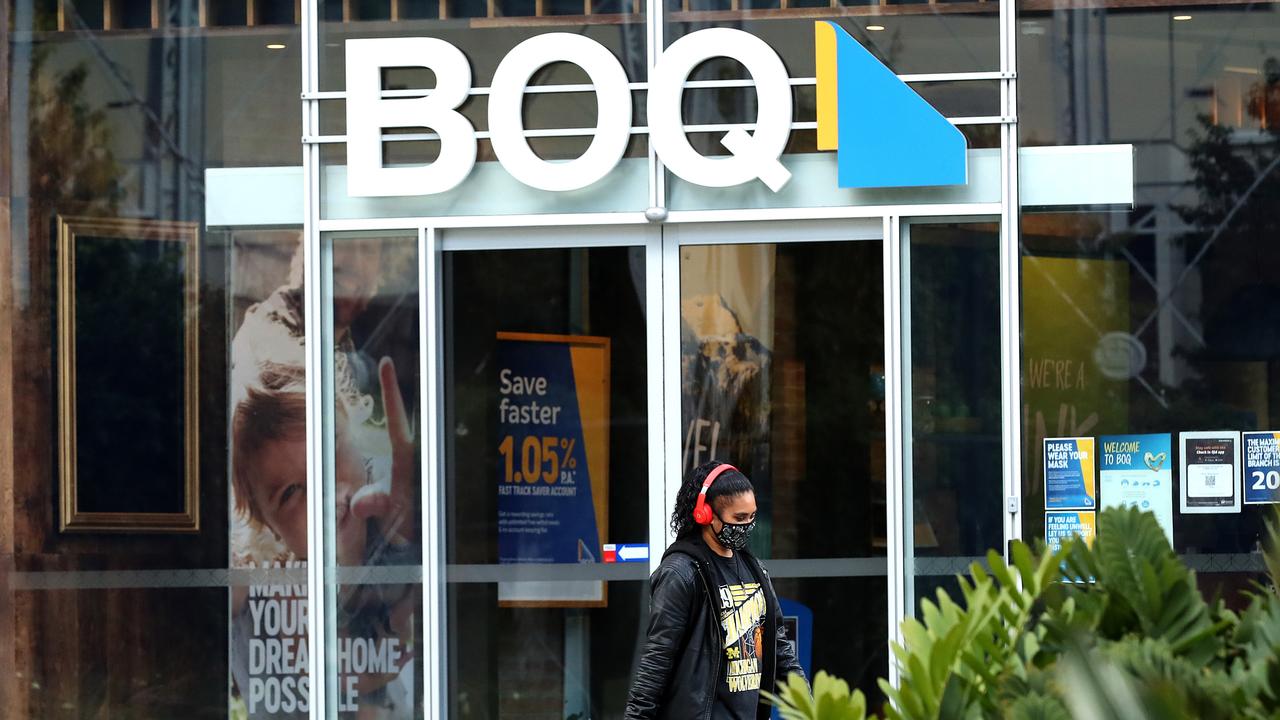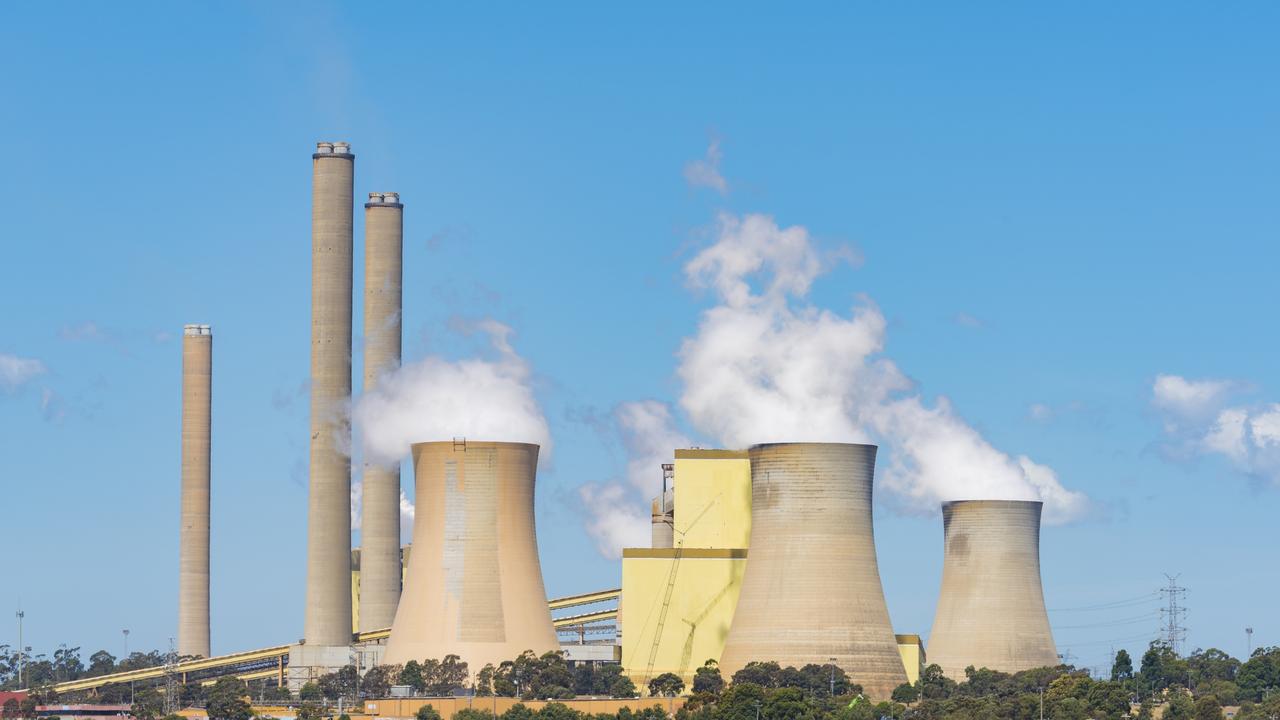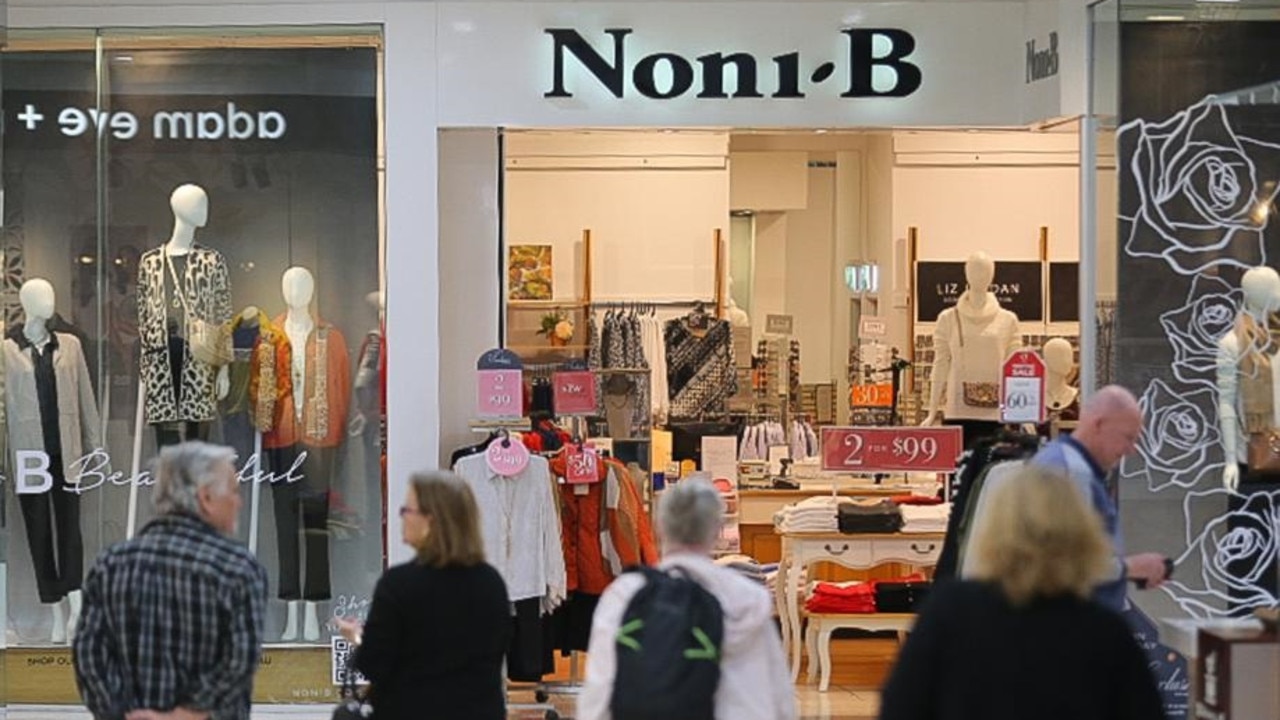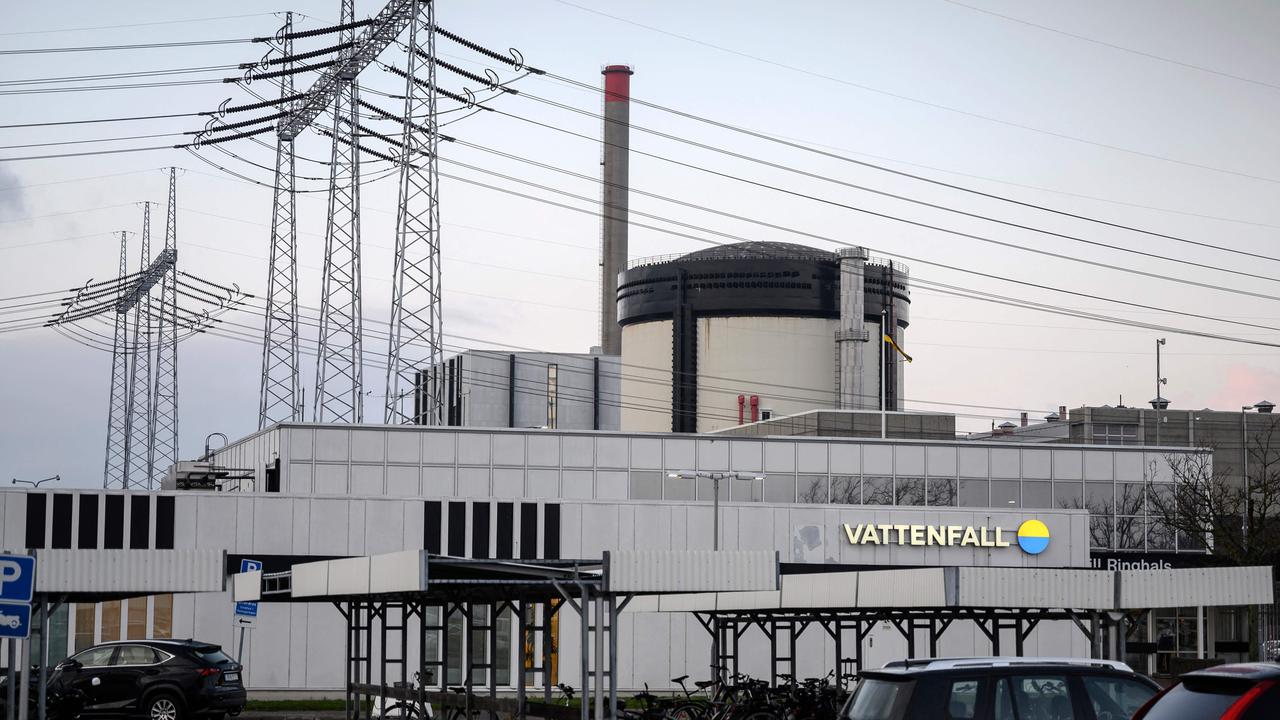Investor Group on Climate Change: Biggest carbon emitters ‘not taking climate risks seriously’
Heavyweight investors are poised to heap further pressure on big carbon emitters in the wake of a report slamming climate-exposed companies for not taking climate risks seriously.
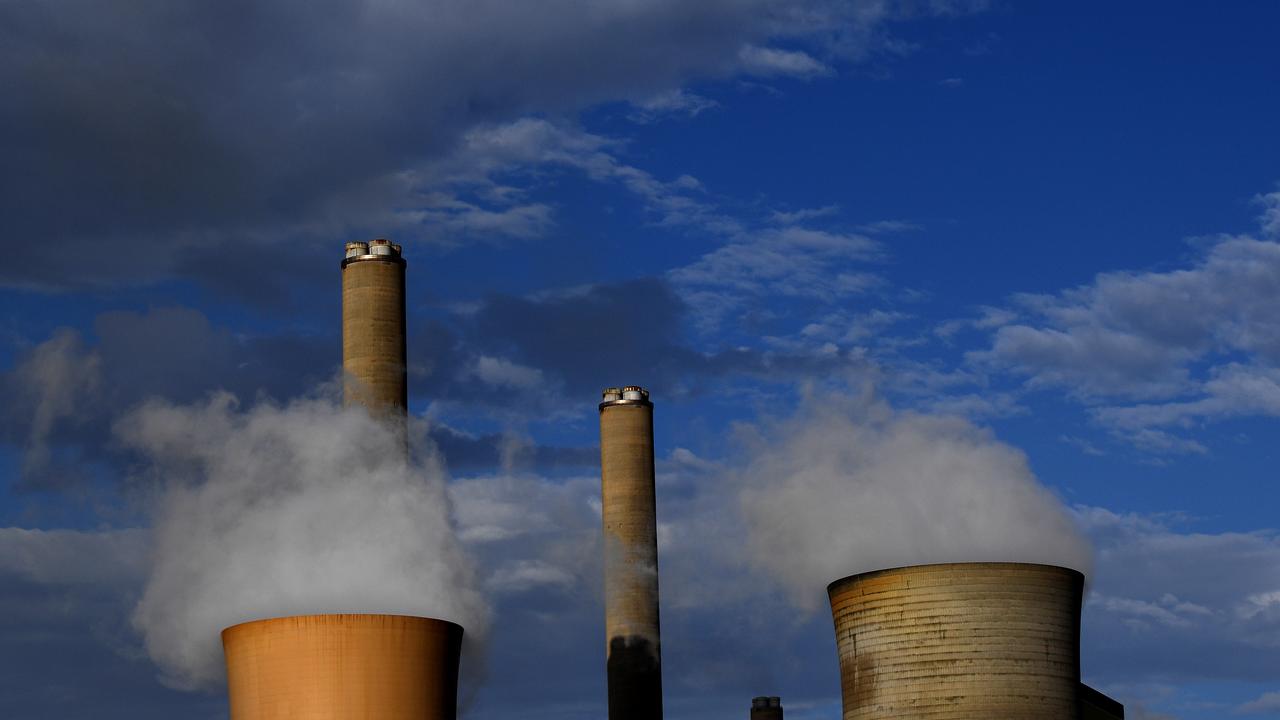
Business
Don't miss out on the headlines from Business. Followed categories will be added to My News.
Heavyweight investors are poised to heap further pressure on the nation’s biggest carbon emitters in the wake of a damning report that slams boards of climate-exposed companies for not taking climate risks seriously.
The boards of 15 companies, including ASX-listed Adbri, AGL, BHP, Incitec Pivot, Oil Search, Qantas, South32, Woodside and Woolworths still don’t see climate change as a material or existential risk, according to the Investor Group on Climate Change, which represents investors with total funds under management of more than $2 trillion.
These companies account for 25 per cent of Australia’s total Scope 1 and Scope 2 emissions, and 40 per cent of reported corporate emissions (also for Scope 1 and 2).
The revelations come in the wake of two weeks of talks at the UN climate change summit in Glasgow and promise to dial up the heat on Australia’s most carbon-intensive companies following a last-minute COP26 agreement that saw global leaders sign up to a new climate pact to curb global warming. The Glasgow Climate Pact calls on countries to “phase down” rather than “phase out” coal power, and urges nations to strengthen their climate targets by the end of next year. The word change to “phase down” coal use came after a last-minute intervention from India.
The outcome of COP26 will mean a big 2022 for Australia, AI Group CEO Innes Willox said.
“(It) is a big step forward for global efforts to limit climate change, and Australia will need to keep pace to ensure our own success,“ Mr Willox said.
“Australia’s national adoption of a goal of net-zero emissions by 2050 is positive, meaningful and already very useful in clarifying investment and regulatory decisions in the electricity sector.
“But meeting the global call for higher 2030 ambition will require a further step up in our medium-term commitments, our policy development, and our engagement with business and civil society.”
The Glasgow pact would put the spotlight firmly on Australian government and business, Carbon Market Institute CEO John Connor said. “The Glasgow Climate Pact makes clear that Australia, like many other nations, is expected to develop and deliver an enhanced 2030 nationally determined contribution and enhanced 2030 target before COP27 next November in Egypt.
“COP26 also means responsibilities and opportunities for Australian business and carbon markets to deliver decarbonisation and carbon sequestration outcomes with urgency, integrity and transparency.”
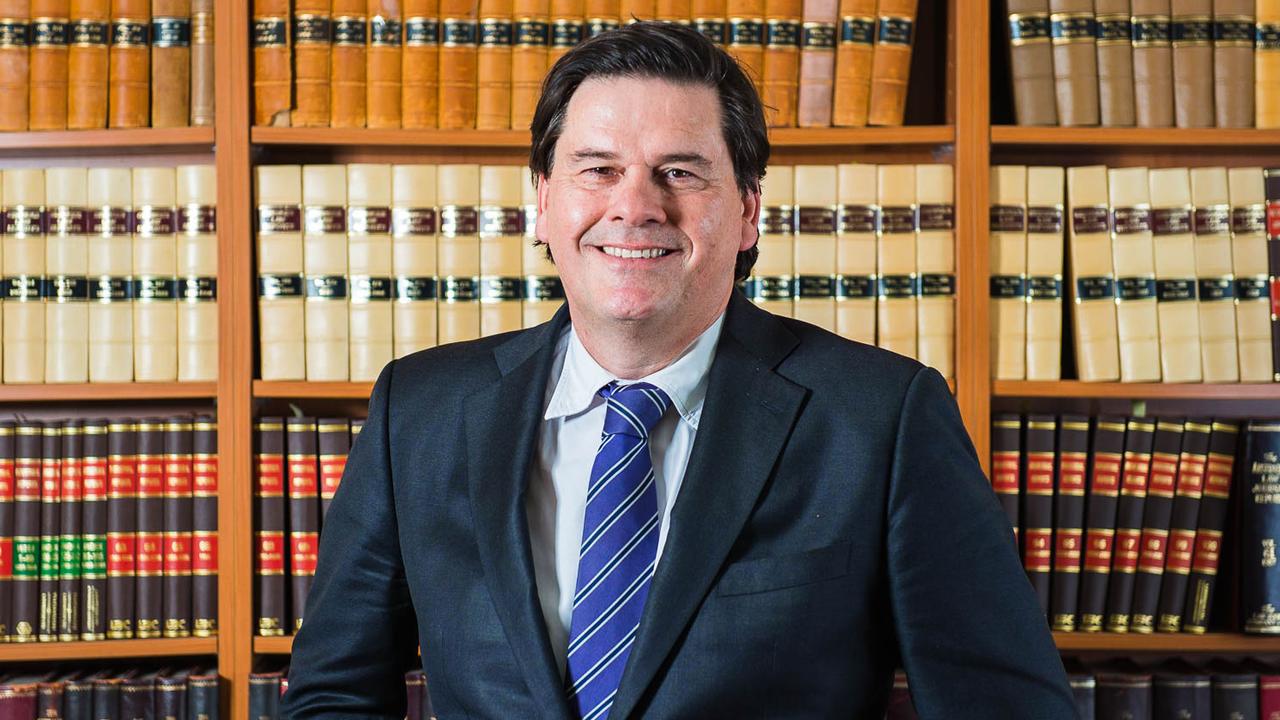
COP26 should be a wake-up call for Australian companies, IGCC director of corporate engagement Laura Hillis said.
“The pledges made at COP26 by some of Australia’s key trading partners included: phasing out thermal coal, cutting methane emissions by 30 per cent by 2030, and phasing out oil and gas. This should send a clear message to heavy emitters that it is time to get their house in order,” Ms Hillis said. “Australia is a major exporter of fossil fuels like LNG and coal, and with more and more of our trading partners committing to net-zero and ambitious midterm targets, the window for these companies to develop ambitious phase-out plans and set science-based targets is closing.”
IGCC on Monday will release its analysis of disclosures by 15 of Australia’s biggest carbon emitters since 2015.
“We’re not seeing the kind of disclosures that would make you think that the board is really taking climate seriously; that they’re taking the responsibility to lead the transition really seriously,” Ms Hillis said.
“There’s a real sense of siloing of climate disclosures and climate strategies from the broader picture of financial results and company strategy.”
As part of its analysis, the IGCC studied five years of company disclosures, including annual reports, board disclosures, investor presentations and each board’s skills matrix, to see what progress had been made since the Paris Agreement at the end of 2015.
“Boards are still thinking of climate change as an ESG issue; as a reputational risk and not a material financial risk, which investors know that it is. And that is really worrying,” Ms Hillis noted.
“When you have a board that is comprised largely of people who are from the main industry that the company represents, they’re not recognising the scale of the challenge ahead and really what climate change means in terms of the transformation that’s going to be required.”
Of the 15 companies, 14 have net-zero emission targets. Incitec Pivot is the sole outlier.
But even with these targets, boards do not appear prepared to lead the transition, according to the IGCC report’s lead researcher, Ian Woods.
“Many companies identified the need for climate skills on their board, but few identified broader transition and disruption expertise, and none were comprehensively disclosing on board skill sets,” Mr Woods said.
“Based on current disclosure, it is hard for investors to form a view on how prepared these boards are for the transition.”
The IGCC analysis comes days after the federal government released modelling showing businesses and households would have faced interest rate hikes of up to 1.5 per cent under expected penalties imposed by global financiers if the government had failed to adopt net-zero emissions by 2050.
While each of the 15 companies had made progress in the years since the Paris Agreement, they were still falling well short of investor expectations, Ms Hillis warned. “There’s definitely been progress, but with this report we were looking for signs that boards were really stepping into their responsibility to lead on climate risk and on the transition to net-zero emissions. What we found was a lot of gaps.”
While the IGCC has long taken aim at big emitters such as BHP and Rio Tinto, others have only recently been added to its hit list. New additions over the past year include Incitec Pivot, Orica and Oil Search.
Some of the 15 companies, such as the mining and energy majors, had much more comprehensive disclosures than others, Ms Hillis said.
The IGCC provided its assessments of each company to all of the institutional investors who engage with the offenders through Climate Action 100+, ensuring renewed pressure on climate measures.
Originally published as Investor Group on Climate Change: Biggest carbon emitters ‘not taking climate risks seriously’


